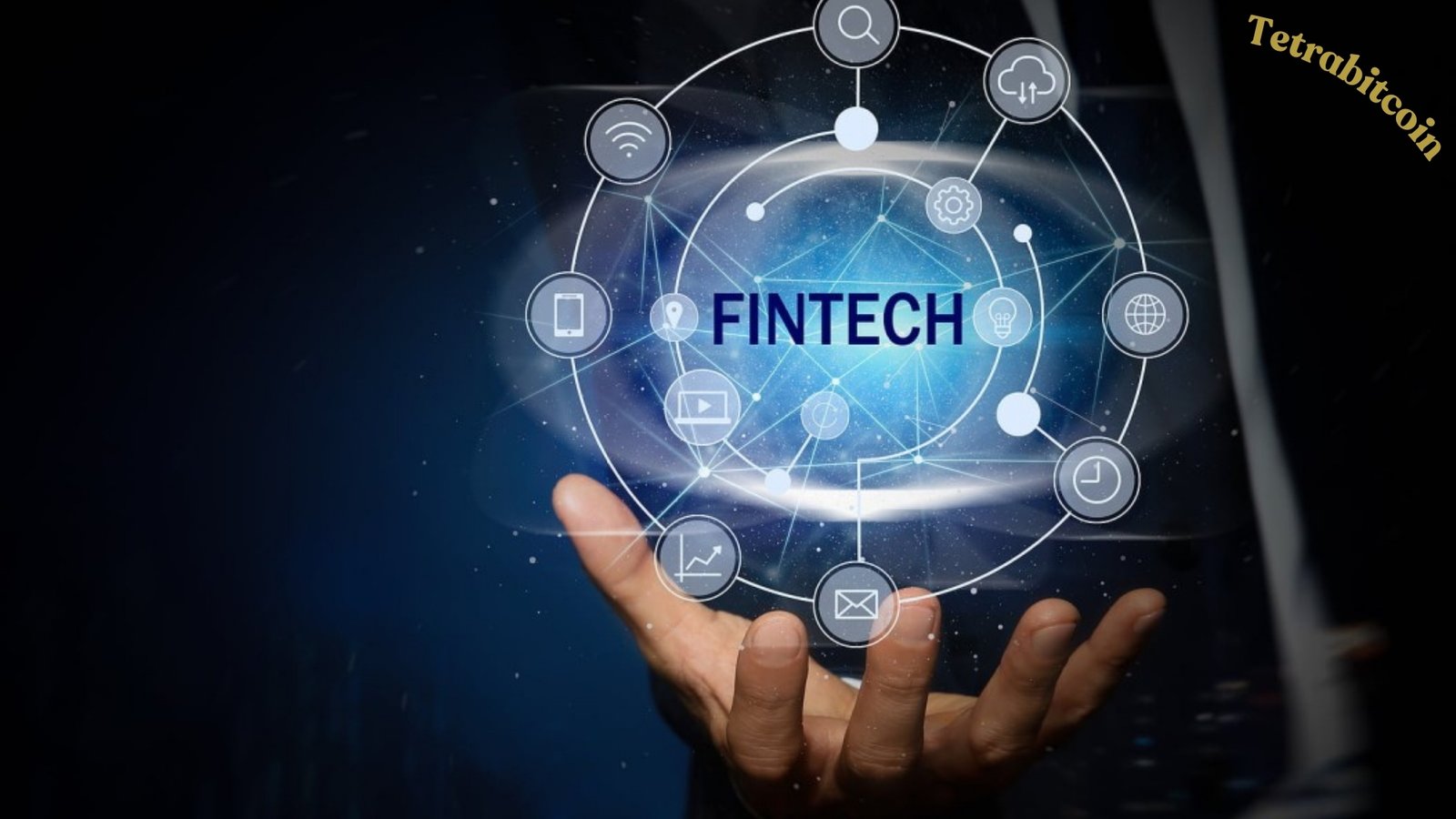Fintech and Finance’s Future: An Ultimate Guide. Digital transformation has successfully redirected market results in the financial services sector. There are more connections between fintech’s inception and the future of finance than you might think. From the outside perspective, fintech is about revolutionizing how banks and other financial institutions use technology.
However, fintech also helps the digital economy grow worldwide by expanding access to financial services and improving efficiency. The initial gains from implementing technology in the financial sector have been strengthening the groundwork for fintech. However, while considering fintech and its potential to open up fresh views on banking and financial services, keeping the broader picture in mind is crucial.
Crucial concerns for decision-makers now include understanding the fintech industry’s innovation drivers and its effects on established markets. Consequently, any forecast for the future of financial technology and banking services would have to cover the technologies driving its expansion in addition to fintech’s definition and advantages.
This post will give you a good idea of how fintech can change the financial industry in the future. This post provides a high-level overview of fintech and the forces driving its expansion. Above all else, you may find information regarding fintech dangers and future forecasts here.
Importance of Fintech

Maintaining relevance is the most critical factor in determining whether or not a technological breakthrough can last. Various definitions of “fintech” have emerged, each focusing on a different aspect of technology’s impact on the financial services industry. However, the most popular explanations link fintech to improvements in how customers interact with financial services. New economic models, procedures, goods, services, and applications are also born out of fintech.
As technology reduces cost and hassle, one of the most striking aspects of fintech is its relationship with financial inclusion. Consumers would experience less hassle at various points in the financial service lifecycle if providers used technology to their advantage.
Digitalization has the potential to provide easy access to many financial services, such as opening a new bank account or sending money to another account. Due to digitalization’s reduced costs and capacity to scale efficiencies, financial services may become more accessible. Fintech would see more users who can quickly obtain their preferred financial services.
A further point in the “Is fintech the future of finance” debates is the promise of openness through digital experiments. Creating a digital trail with digital processes gives users faith in digital financial services, transactions, and systems. In addition to helping businesses learn more about their consumers, fintech can aid in decreasing information asymmetries. One of the main points about fintech’s importance is the way it’s changing the way financial services are provided and how customers interact with them.
What Will Drive the Future of Fintech?
One of the most talked-about aspects of technology nowadays is fintech and its meteoric prominence. With the rise of digital payment systems, innovation has emerged as a critical component of financial services. Because of the relationship between fintech and the future of finance, it is crucial to pay attention to the key drivers of financial innovation.
Many of the world’s payments use non-bank mobile wallets, other marketplaces, card-based systems, and digital bank accounts. Global investments in financial technology have increased from almost $10 billion in 2013 to about $122 billion in 2020. The nearly $98 billion in assets within the first half of 2021 showed the potential for advancing fintech’s future.
When people talk about “What is the role of Fintech and Finance’s Future?” they should highlight the key elements that push innovation forward. Where do you see fintech going from here? The following key factors are propelling fintech innovation.
- Technological advancements have played a crucial role in our approach to addressing different activities in everyday life. Many technologies, such as AI, IoT, cloud computing, and blockchain, have worked as top drivers for fintech organizations.
- Another important aspect regarding fintech and financial inclusion is consumer behaviour changes. Gen Z consumers follow different ways to access financial services, and traditional financial systems must keep pace with the change. Technology-driven financial services are essential for the entry of critical players in the market.
- Improved access to information by leveraging analytics, cloud computing, and artificial intelligence could also fuel innovative advancements in fintech. Financial service providers could use these technologies to visualize and adjust to new market trends.
- One of the essential highlights of the future of fintech and banking would also be the effective reduction of barriers to entry. Advancements in technology have reduced barriers to accessing financial services, opening up new opportunities for startups. The reduced friction in the fintech domain also drives formidable growth in investments in the fintech sector.
Technologies for the Future of Finance
The expansion of the financial sector can be attributed, in large part, to advancements in technology. Innovation is essential for the advancement of fintech. But before you can grasp the future of fintech, you need to know the technologies that will power it. Here are the key technologies that will shape the future of fintech competition and help advance the industry.
Artificial Intelligence
Misunderstood assumptions are the leading cause of the many misunderstandings surrounding the usefulness of artificial intelligence. To answer the question “Is fintech the future of finance?” with value creation power, AI is a crucial part. AI can potentially bring about $1 trillion in yearly value to the financial sector, making it an essential component of the fintech landscape.
Financial institutions and banks would use AI to stay ahead of the competition. Analytics with improved privacy protections, machine-based element identification, and semantic data representation are all areas that can benefit from AI.
Blockchain
Next, blockchain technology can potentially drive fintech forward in the long run. Data documentation across various sources is a potential value benefit of distributed ledger technology—various nodes record and exchange transaction data to keep the network’s consensus on transactions alive.
Given its unique characteristics—including decentralization, immutability, and security—blockchain can provide a convincing justification for fintech’s possibilities and the future of finance. Additionally, blockchain technology reduces risks by guaranteeing cryptographic protections for data. While this happened, blockchain technology laid the groundwork for decentralized finance, or DeFi.
The advent of blockchain technology greatly disturbed the conventional financial services ecosystem. It introduced novel concepts, including zero-knowledge proof security, distributed data storage and interchange, and smart contracts. Numerous exciting developments in the financial technology sector have their roots in blockchain technology. These include digital assets, cryptocurrency, crypto wallets, and non-fungible tokens.
Institutional investors and other long-standing stakeholders want to diversify their holdings with digital assets built on the blockchain. Take DeFi protocols as an example; they have about $2.1 trillion in total value locked up. Furthermore, digital asset exchanges generated around $15 billion in revenue that year.
Cloud Computing
As the financial services revolution gains momentum, cloud computing will be crucial to future banking and fintech possibilities. If all 500 of the world’s largest corporations used cloud computing, McKinsey estimates they would earn over $1 trillion. Cloud computing can improve efficiency with migrated application development and cost-effective infrastructure.
By providing automated and integrated security controls and processes, cloud computing has the potential to improve platform integrity. Staying ahead of the competition requires financial organizations to pay attention to cloud computing models and trends. Edge computing, cloud containers, and AI integration are significant innovations that might influence fintech’s future.
Internet of Things
The expansion of new technology like the Internet of Things (IoT) is a significant point of fintech’s future. As the Internet of Things (IoT) gains popularity, it will have far-reaching effects on financial services. Along with application and operational support, the Internet of Things may aid the growth of perception and intelligent sensor systems.
The way wireless communication networks enhance financial services could also be paved using this. Questions like “What is the role of fintech in finance?” have the added benefit of highlighting ways the Internet of Things (IoT) could be used to deal with ESG (environmental, social, and governance) concerns.
The precise risk assessment is another noteworthy consequence linked to the Internet of Things (IoT) as a part of fintech. In addition to streamlining and expediting the claims and underwriting procedures, it may inspire client interaction. Regarding insurance, the insurance industry stands to gain the most from the Internet of Things (IoT). This is particularly true for services that assess driver behaviour and track vehicles.
The Internet of Things (IoT) could help bolster banking by bringing forth crucial inventory and property financing advancements. Blockchain and the Internet of Things (IoT) can potentially improve risk management by verifying the accuracy of records about actual transactions.
Risks and Future of Fintech

The future of fintech seems bright based on the highlighted key drivers of its growth. But it’s hard to pinpoint precisely how fintech will change the financial sector in the future. Concerns about fintech’s potential adverse effects should be considered in any conversation about the industry’s future. It may be necessary, for instance, to rebalance the market for DeFi and crypto solutions.
Concurrently, concentration has the potential to promote price and quality improvements while also fostering healthy competition. In addition to a lack of financial education and a well-defined role for fintech companies, the uniqueness of these models poses threats to consumer safety. Even though fintech has been expanding steadily, there must be regulatory oversight of every facet of it.
Conclusion
The technologies that laid the groundwork for fintech will determine its fate in the future. Blockchain may provide a new way of thinking about financial services, while cloud computing, artificial intelligence, and machine learning may provide the necessary infrastructure for their future. The future of finance is shown by the explanation of fintech and financial inclusion, which includes decreasing barriers to access in the fintech ecosystem.

